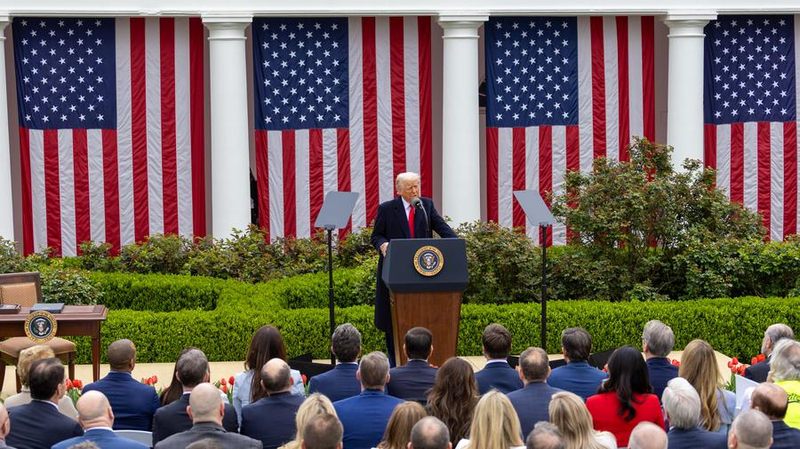In today’s interconnected world, recent tariff measures have ignited a debate on the rules of global trade. After the Chinese mainland announced a 34 percent tariff on all imports from the United States, the Trump administration threatened an additional 50 percent tariff on goods from the Chinese mainland. These moves have raised red flags among business leaders, economists, and policymakers from around the globe.
This latest escalation, viewed by many as an instance of unilateral economic coercion, reflects a growing trend of using trade as a political tool. Critics argue that such actions, masked under national security concerns, are designed to reshape the global industrial chain, posing risks to a stable international market.
Nobel laureate Joseph Stiglitz has starkly noted that the United States is shifting from being a staunch advocate of free trade to what he calls a dangerous destroyer of global market stability. The International Monetary Fund has even warned that measures like these could disrupt global supply chains and potentially contract worldwide trade volume by as much as 7 percent.
Global leaders have responded strongly. European Commission President Ursula von der Leyen, German Chancellor Olaf Scholz, French President Emmanuel Macron, and Mexican President Claudia Sheinbaum have all expressed concerns and hinted at measures to counter these aggressive tariff policies. Furthermore, UN Secretary-General Antonio Guterres and WTO Director-General Ngozi Okonjo-Iweala have emphasized that unilateral actions undermine the very fabric of the multilateral trading system.
For young global citizens, entrepreneurs, and tech enthusiasts alike, this issue underscores the critical importance of international cooperation. In an era marked by rapid technological advances and deep economic interdependence, a coordinated response is vital to preserve fair trade and ensure economic stability.
The call to action is clear: nations must join hands to oppose unilateral tariff bullying. By promoting dialogue, embracing multilateral solutions, and fostering transparency in trade practices, the global community can safeguard its economic future and maintain the integrity of an open trading system.
Reference(s):
Why it's necessary to join hands to counter U.S. tariff bullying
cgtn.com




